Reading
Day 1: Proverbs 25:1-29:27
Day 2: Proverbs 30:1-31:31
Day 3: Psalm 42, Psalm 43, Psalm 44, Psalm 45, Psalm 46
Day 4: Psalm 47, Psalm 48, Psalm 49, Psalm 84, Psalm 85, Psalm 87
Day 5: Psalm 1-2, Psalm 10, Psalm 33, Psalm 71, Psalm 91
Day 6: Psalm 92, Psalm 93, Psalm 94, Psalm 95, Psalm 96, Psalm 97
Day 7: Psalm 98, Psalm 99, Psalm 100, Psalm 102, Psalm 104
Preview
Hard Questions
- (Proverbs 27:10, “Do not forsake your own friend or your father’s friend, nor go to your brother’s house in the day of your calamity; better is a neighbor nearby than a brother far away.”) What would be the purpose in including this proverb? In the Middle East (and I observed this in Mexico as well), relationships are hugely important, and peoplke frequently think of them in terms of “far” and “near.” Family’s as near as it gets, and people tend to deal with their problems almost completely within their families. This can put an enormous burden on the family, in terms of both time and money, but it does keep family business within the family and avoid shame—no one else knows of a difficulty or a need. Here the author of Proverbs counsels people to go to their friends and neighbors in time of need. What does this do? Produces transparency, eases the burden on the family, and invites someone else into your issues, effectively turning them into family. It’s kind of like, who would you get to run you to the hospital, or to the airport? For your own good, you need to expand that list.
- (Proverbs 28:2 “Because of the transgression of a land, many are its princes; but by a man of understanding and knowledge, right will be prolonged.”) We can see this proverb reflected hugely in the Divided Kingdom era. This is why Israel has 20 kings over 209 years, while Judah has 20 rulers over 345 years, and the united kingdom has 3 kings over 120 years. Occasionally God will show His judgment over Israel by letting them live for years under a tyrant, but more frequently we see extreme instability, especially as rulers seek out war or create a culture of corruption or betrayal that turns back on them.
- (Ps. 87:4) Why do we sometimes see negative mentions of the name “Rahab”? There are two words in Hebrew that are spelled “Rahab” in our English translations. The name of the ex-prostitute in the book of Joshua is “Rakhab,” which means “spacious,” while this word, also used in Ps. 89:10 and 51:9, means “insolent” and is a poetic name for Egypt.
Review
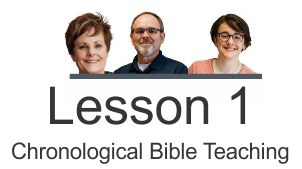
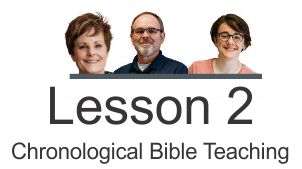
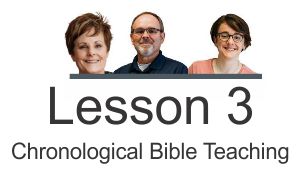
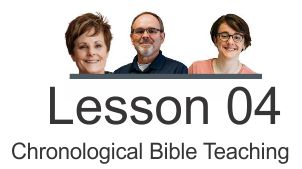
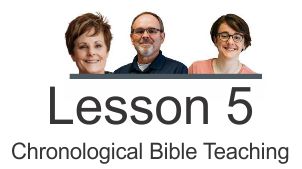
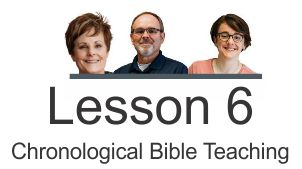
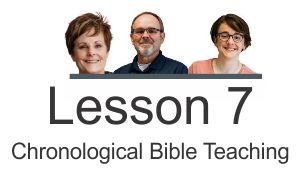
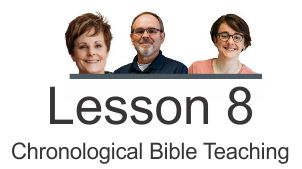
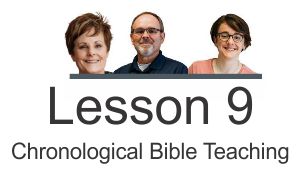


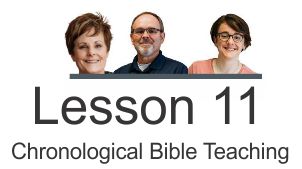

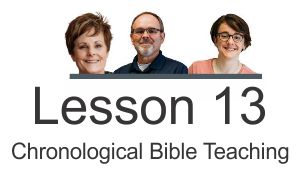
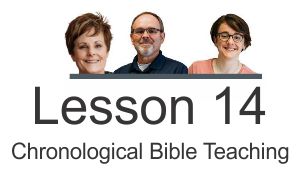
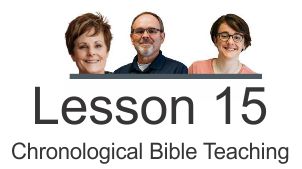







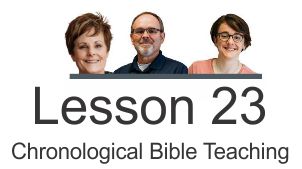
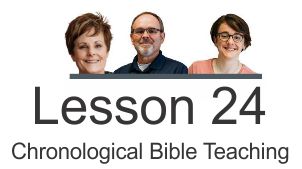






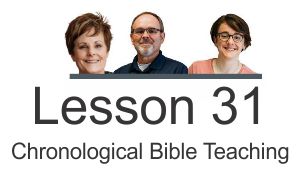
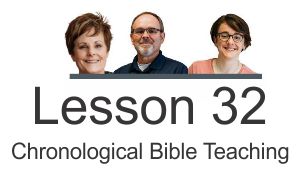
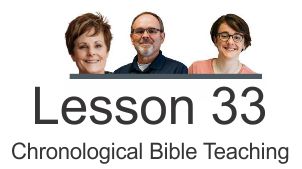
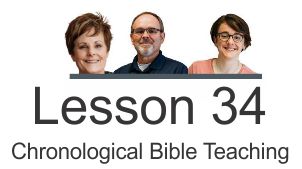
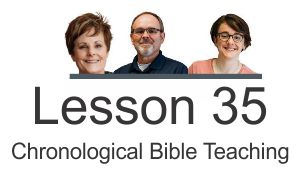
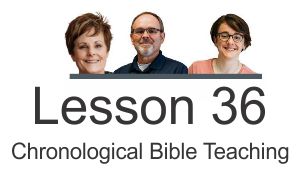
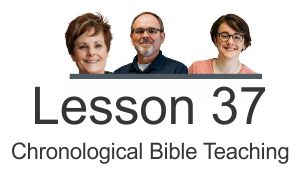
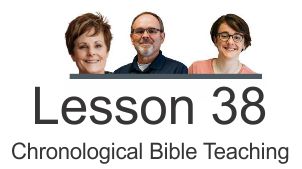
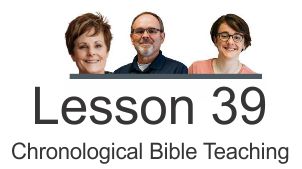
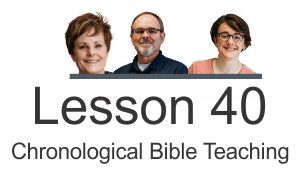
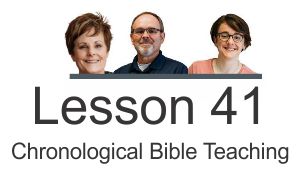
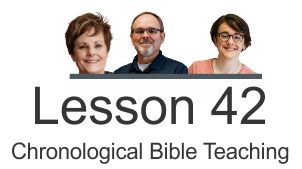
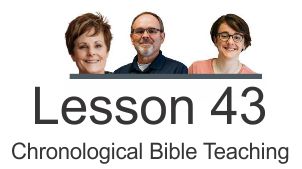
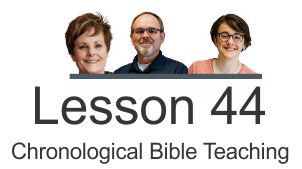
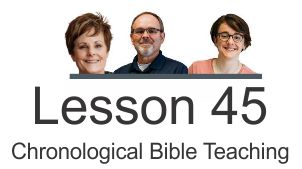
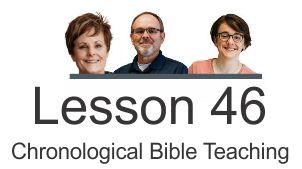
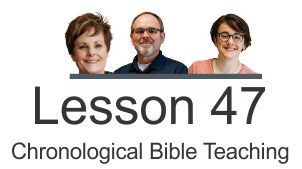
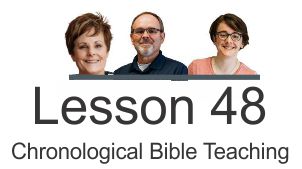
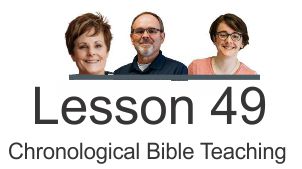

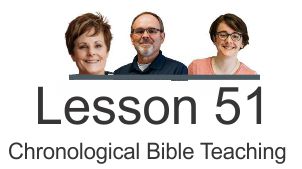
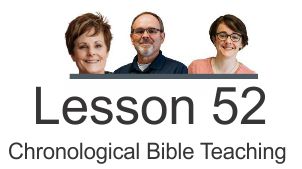
Page Discussion
Membership is required to comment. Membership is free of charge and available to everyone over the age of 16. Just click SignUp, or make a comment below. You will need a user name and a password. The system will automatically send a code to your email address. It should arrive in a few minutes. Enter the code, and you are finished.
Members who post adverts or use inappropriate language or make disrespectful comments will have their membership removed and be barred from the site. By becoming a member you agree to our Terms of Use and our Privacy, Cookies & Ad Policies. Remember that we will never, under any circumstances, sell or give your email address or private information to anyone unless required by law. Please keep your comments on topic. Thanks!